US won’t join WHO-led effort for coronavirus vaccine
The Trump administration has said that the United States will not be joining the COVAX alliance headed by the WHO, which aims at developing and mass distributing any potential coronavirus vaccine.

The United States will not join an international effort to develop and distribute vaccination for the coronavirus, as it does not want to be restricted by multilateral groups like the World Health Organization, officials said on Tuesday.
"The United States will continue to engage our international partners to ensure we defeat this virus, but we will not be constrained by multilateral organizations influenced by the corrupt World Health Organization and China," the Washington Post first quoted White House spokesman Judd Deere as saying.
"This president will spare no expense to ensure that any new vaccine maintains our own Food and Drug Administration's gold standard for safety and efficacy, is thoroughly tested and saves lives."
While some countries are striking bilateral deals to secure supplies of potential COVID-19 vaccines, a major cooperative effort has been set in motion by over 150 countries under the leadership of the WHO, the Coalition for Epidemic Preparedness Innovations and the vaccine alliance Gavi.
The COVID-19 Vaccines Global Access Facility, or COVAX, has received support from traditional US allies, including Japan, the European Union and Germany. The initiative will allow members to gain access to a range of potential vaccines so that a larger section of the world can be covered when an effective solution is developed.
Shortsighted approach to the pandemic
Critics have voiced concerns over the US decision to step away from the alliance, calling it "shortsighted" in the face of a global pandemic.
"Joining COVAX is a simple measure to guarantee US access to a vaccine — no matter who develops it first," tweeted US Representative Ami Bera from the state of California, who is also a medical doctor. "This go-it-alone approach leaves America at risk of not getting a vaccine."
The other major possibility could be that the US develops its vaccine but hoards it to vaccinate citizens. This would leave the country vulnerable to imported cases of the virus and impact the US economy harshly if the global economy has not recovered.
US withdrawal from the WHO
Trump has repeatedly criticized the WHO for its early response to the outbreak, and has accused the agency of colluding with China and participating in a cover-up of information about the virus.


 Bruneau Laurette has channelled the anger that many Mauritians feel after the catastrophic oil spill Fabien Dubessay AFP
Bruneau Laurette has channelled the anger that many Mauritians feel after the catastrophic oil spill Fabien Dubessay AFP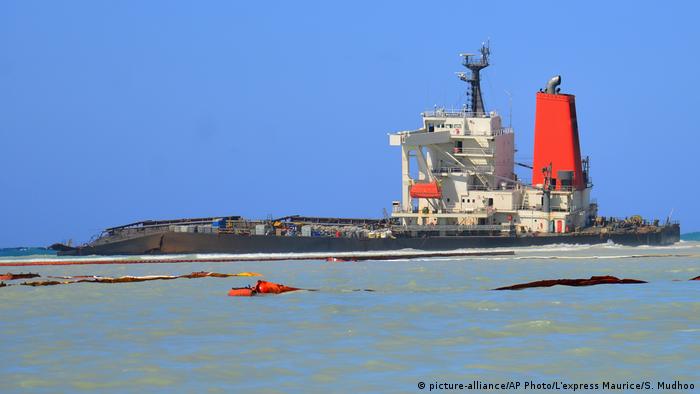
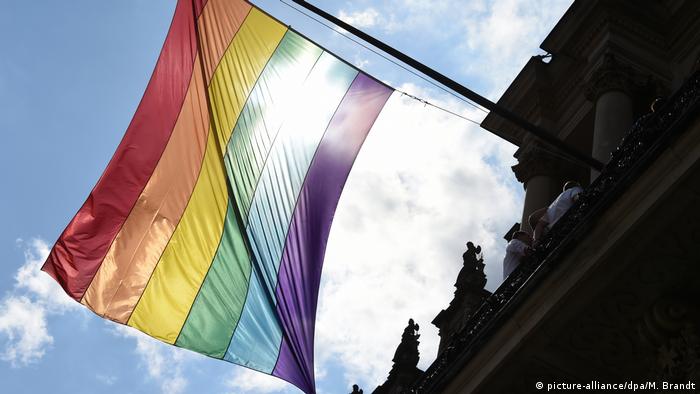

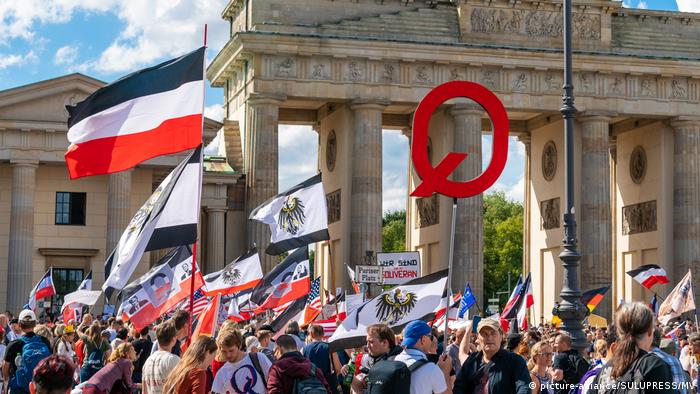
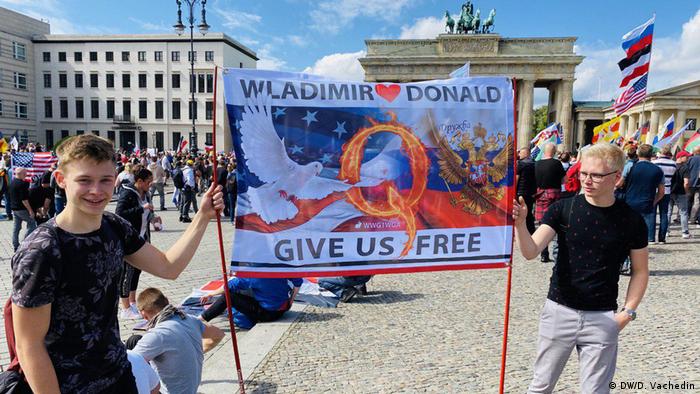
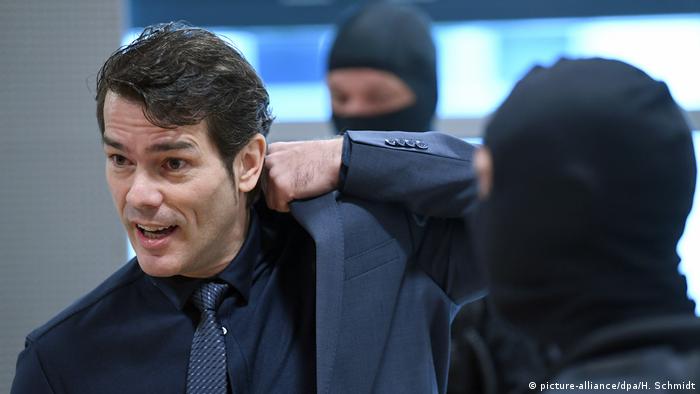


 Consultant Paul Rusesabagina, who's story "Hotel Rwanda" is based on, signs the movie's poster for charity prior to the Q & A following the Variety Screening Series - "Hotel Rwanda" at the ArcLight Theater on December 6, 2004 in Hollywood, California. Getty Images/AFP - Stephen Shugerman
Consultant Paul Rusesabagina, who's story "Hotel Rwanda" is based on, signs the movie's poster for charity prior to the Q & A following the Variety Screening Series - "Hotel Rwanda" at the ArcLight Theater on December 6, 2004 in Hollywood, California. Getty Images/AFP - Stephen Shugerman

